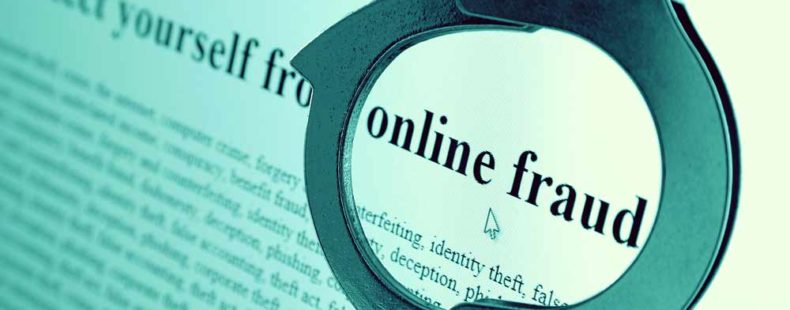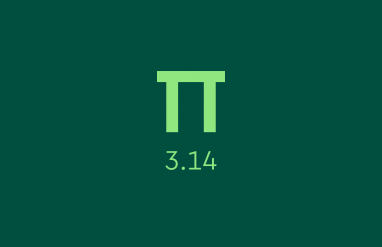Fool me once...
Con artists, grifters, operators, and swindlers are all scammers who want to trick you out of money by gaining your confidence, as opposed to thieves who just steal it. And yes, they may also be called confidence men and flim-flam men—but we all know that men and women can scam equally.
Now, thanks (or no thanks!) to modern technology and the popularity of the internet, we can add hackers—people who break into our computers and mobile devices with malicious intent—to our list of scammers. Hackers are innovative, and there are lots of cyber scams that can easily catch us off guard. To ensure you don’t become a victim, or mark, know the lingo.





















